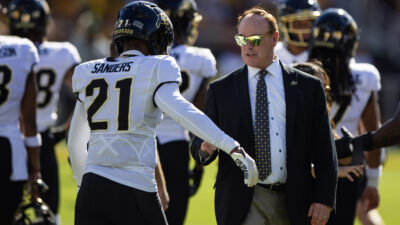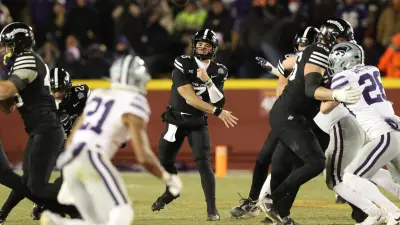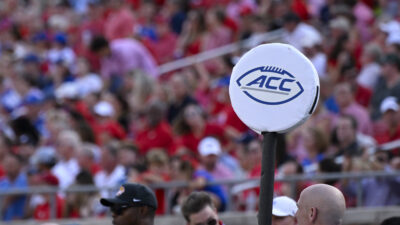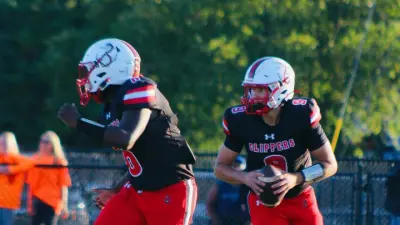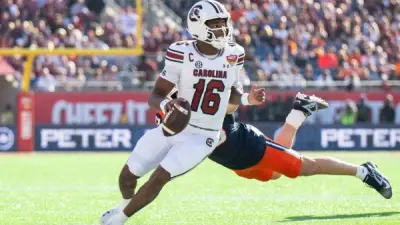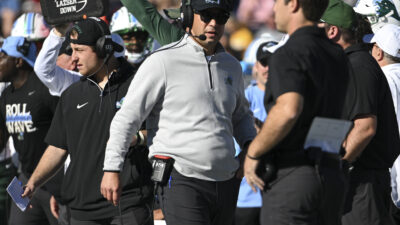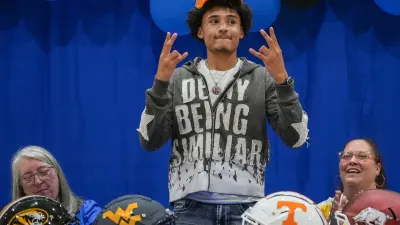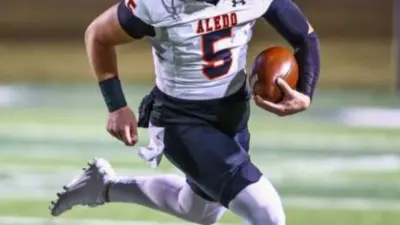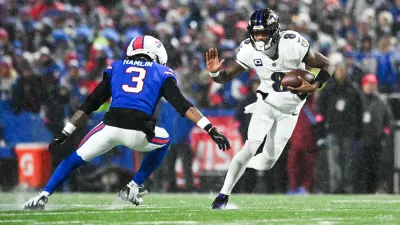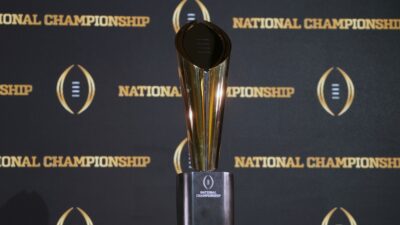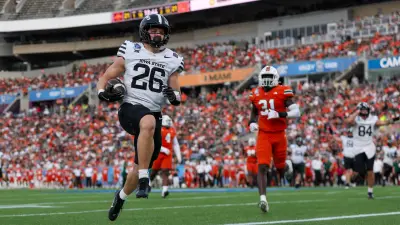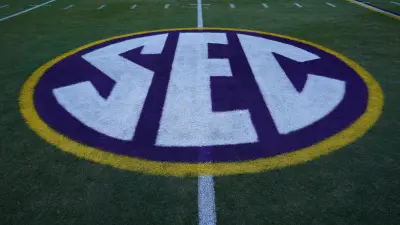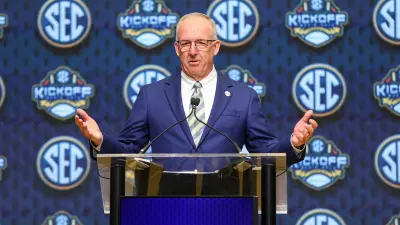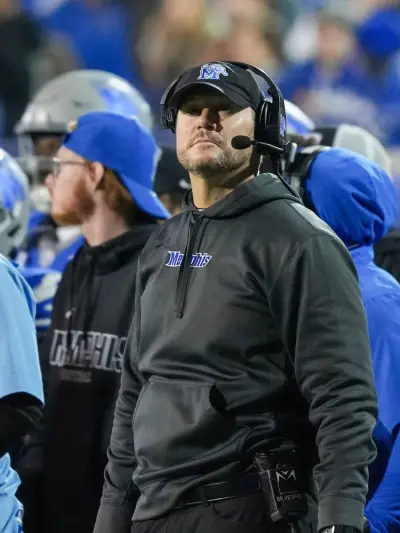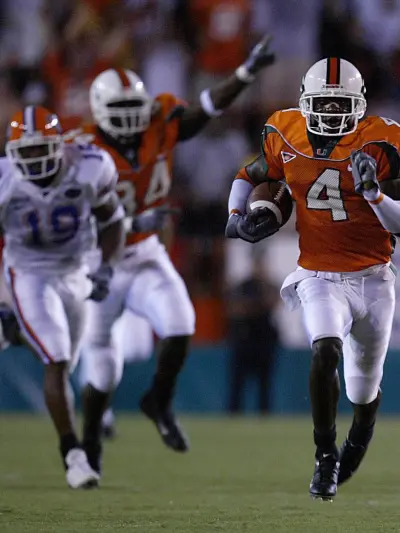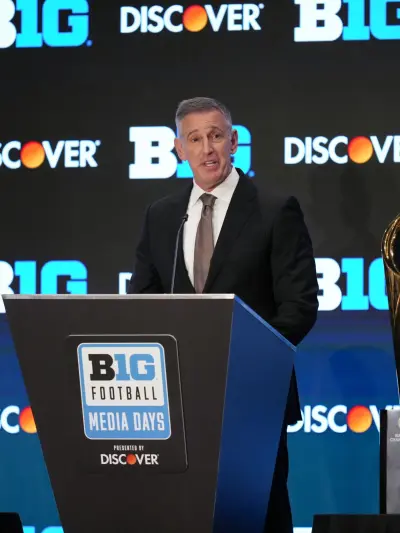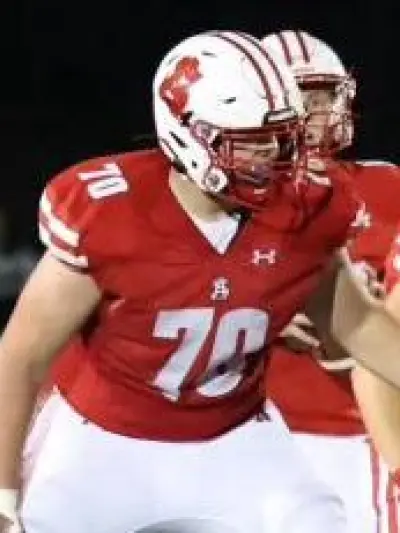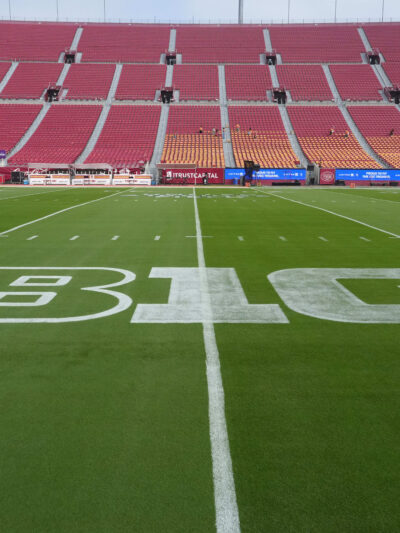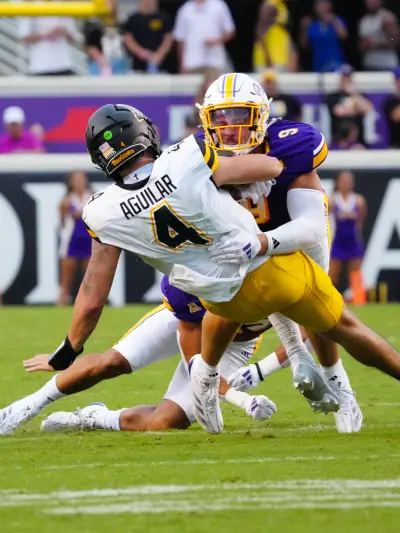By Scott Salomon
University of Colorado Athletic Director Rick George is not putting his money where his mouth is. He is also not supporting Deion Sanders‘ blueprint on how to develop a winner in Boulder.
George has gone on the record as saying that signing transfer portal candidates is not in the best interests of the student-athletes as transferring Universities could prevent one from graduating either on time, if at all.
“I think we’re forgetting about the fact that education is primary,” George said. “Ninety-five to 98% of these student-athletes are not going pro in their sport, so that degree and that education is extremely important. And when you transfer multiple times, are you going to have the progress towards degree credits, or have enough credits at an institution to get a degree? That’s concerning.”
Colorado AD Rick George believes unlimited transfers could take focus off education https://t.co/VtOXHVRcJC
— The Denver Post (@denverpost) December 24, 2023
With the NCAA toying with the idea of promulgating a new rule that a student-athlete can transfer multiple times without penalty, and it is widely known and accepted that Buffs’ Coach Prime loves the transfer portal as opposed to recruiting high school players and developing his own talent, George does not stand for these propositions and believes that transfer students hurt their chances of graduating with their class.
More Sports News
It should be noted that Coach Prime signed over 50 transfer portal candidates following the 2022 campaign and has already received commitments from 16 more transfer candidates in the Early Signing Period of 2023. He has only inked six high school recruits for the 2024 cycle and has zero committed for 2025.
Colorado Attorney General Phil Weiser is joining the fight to give even more freedom to athletes by allowing them to transfer as often as they want without penalty. On Dec. 13, U.S. District Court Judge John P. Bailey of the Northern District of West Virginia granted a 14-day temporary restraining order (TRO) to prevent the NCAA from enforcing its transfer rule.
That TRO has since been extended to the end of the 2023-24 school year, granting immediate eligibility to all second-time transfers in the winter and spring sports. The NCAA also clarified this week that multi-time transfers in fall sports will be eligible immediately in the fall of 2024 if they transfer during the 2023-24 academic year.
Weiser believes that the system currently in place does not assist the student-athlete very well as they will not know about their eligibility until after they transfer and the waiver appeal is filed by their new school.
“(The waiver system) appears to be somewhat arbitrary, and it’s uncertain,” Weiser said. “For someone thinking about that second transfer, they’re playing Russian roulette, because they don’t know if they get the waiver until they’ve transferred. … There are, to my mind, real problems with this waiver system and that’s part of the reason for this litigation.”
With the current NCAA rules, student-athletes can play immediately after a second transfer only if granted a waiver. According to Yahoo Sports, only about 25% of those waivers have been granted, however, and the process is confusing.
Should George’s proposition be adhered to at the end of the 2024 school year, it will do two things. It will prohibit a number of multiple transfers all the while mandating that Coach Prime recruit and develop his own talent.
“We have to wait to see how this plays out,” George said.
Until then, Prime can continue to ignore the high school recruiting process and go after the established talent and have a system of plug-and-play free agency as used in the National Football League.
Outside of Jordan Seaton, the consensus No. 1-rated offensive tackle in the country, Colorado and Prime failed to make a splash thus far in the Early Signing Period when it comes to high school talent. Instead, Prime has maintained his love for the portal where he can get players that other coaches developed and insert them into his operational scheme.
